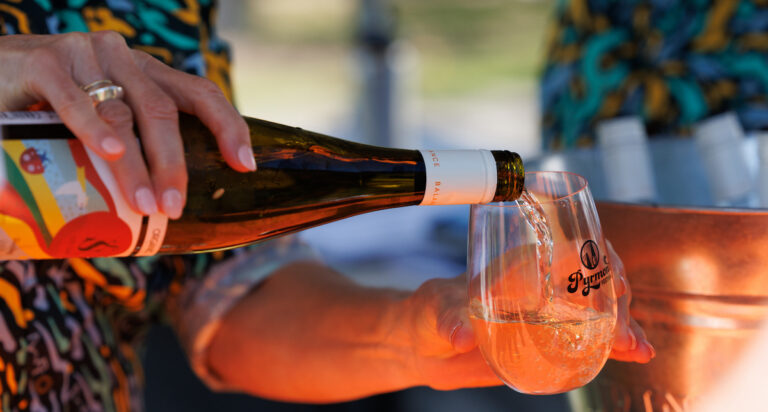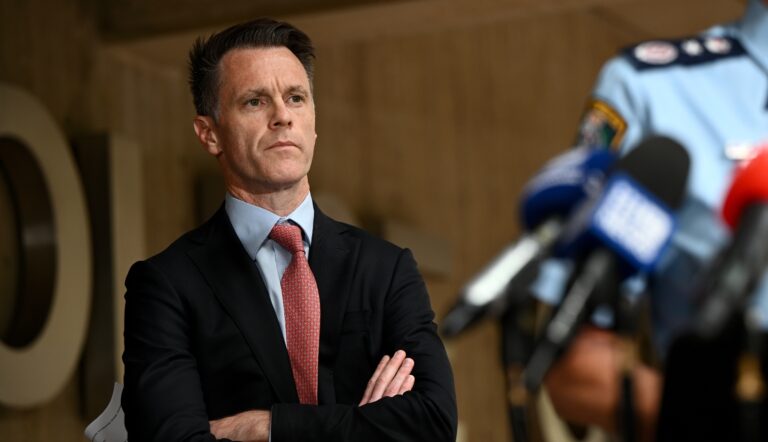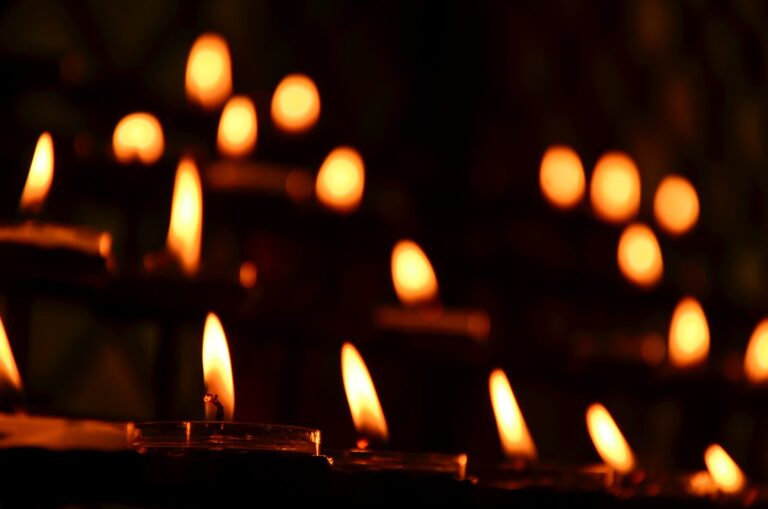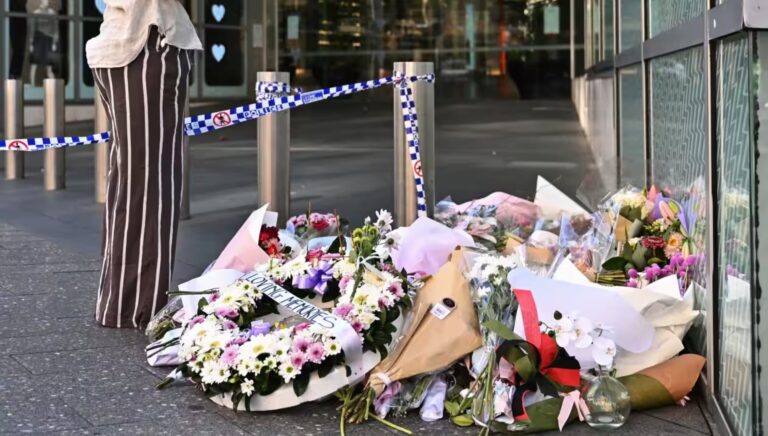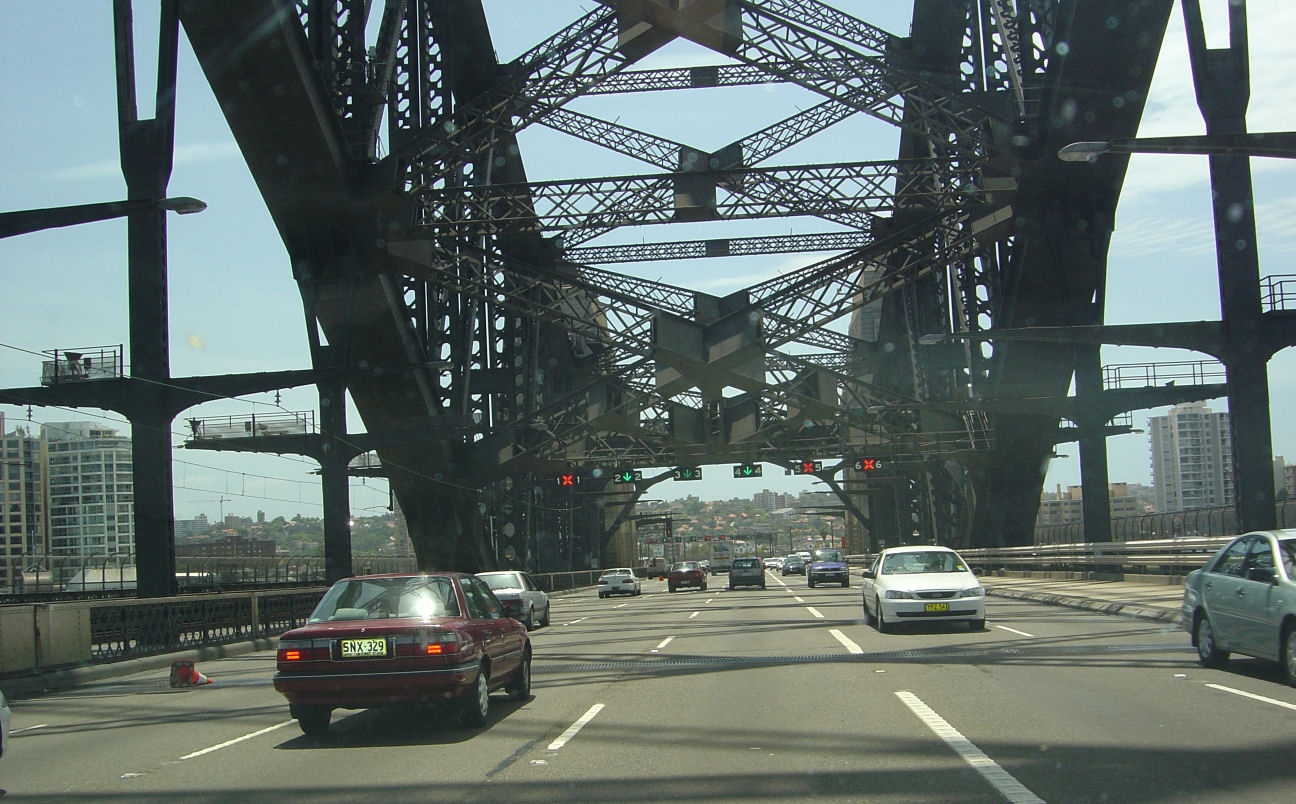
The truth of Australia’s Indigenous history
By Sarah McLenaghan
Resistance groups are urging Australians to ditch the barbecue and beach party this Australia Day and consider what the holiday means for Australia’s First Nations people.
The Aboriginal campaign group FIRE – Fighting In Resistance Equally – is holding a rally in Sydney’s Hyde Park on January 26 where protestors will meet at 11am and march to Victoria Park.
Rally Organiser Ken Canning said: “I think we need to change that whole dialogue of saying, well, let’s all go out as Aussies and get drunk and have barbecues, if you’ve got all sorts of social ills happening to the First Nations people”.
Colonial attitudes persist
Mr Canning believes there is misinformation about Australia Day that needs to be addressed.
“We’re looking at trying to rectify this notion that it was a peaceful settlement,” he said. “On 26 January 1788, whichever way you look at it, there was an invasion, people came here unwelcome. That’s not a reflection on people who live here today but we’re trying to say, well, until we get the facts of history right, we won’t understand each other”.
Some will argue that it’s all in the past, but Mr Canning still sees the colonial attitudes influencing the Australia of today.
“Per head of population, we have the highest deaths in custody rate in the world, per head of population we have the highest incarceration rate in the world, and in the last five years, the incarceration rate of our women has gone up tenfold,” he said.
Fellow campaign organiser, Raymond Weatherall, agrees. “Across the board, if you look at it there are different levels to oppression, and Aboriginal people from this country are the ones who feel it the most,” he said.
The Greens Party’s Indigenous Affairs spokeswoman, Rachel Siewert, acknowledges that Australia’s history is one of ongoing dispossession and oppression for First Nations peoples.
“By refusing to participate in a day that marks dispossession and violence, we acknowledge the truth about our shared history and we create a movement for change,” she said. “That’s why the Greens are urging all Australians to attend Invasion Day protests in their regions.”
Greens MP David Shoebridge said he will not only be attending the Invasion day rally, but will be speaking at and promoting the event.
“The Invasion day rallies have grown significantly over the last few years and are, I think, a moment of great solidarity between First Nations peoples and the rest of Australians,” Mr Shoebridge said.
Ms Siewert also believes that the truth of our nation’s history needs to be brought to the forefront.
“Many Australians are either not aware of our history or, like the Prime Minister and Mr Shorten, trying to distract from the uncomfortable truths about our history and their contemporary consequences,” she said.
“By attending an Invasion Day event we are starting to tell the truth about our history and acknowledging the contemporary consequences and intergenerational trauma that we are left with today. This is part of how we can change our nation to one where First Nations peoples have self-determination.”
Mr Canning emphasised these contemporary consequences, pointing out that since the Rudd apology in 2008, the stealing of children has gone up a massive 400%, while the rate of deaths in custody is now much higher than it was prior to the Royal Commission.
“Some people just need to stop and have a think about what is happening to our people,” he said.
Changing the country
While Australia Day debates have largely centred on changing the date, Mr Shoebridge suggests that the key campaign at the Invasion Day rally in Sydney isn’t about that at all.
“It’s about changing the country,” he said. “Reversing some appalling forced adoption laws that continue the stolen generation, seeking to release First Nations people from jail and dealing with the effects of intergenerational trauma and dispossession and violence that Aboriginal people in NSW have confronted for over 230 years.”
“Simply running the changing the date campaign won’t make meaningful change to Aboriginal communities, to the grandmothers who have lost their grandkids, to children who’ve seen their parents in jail, to young Aboriginal people in the bush who can’t get drug rehab programs or a family who’s sharing a four-bedroom house with twenty people,” Mr Shoebridge explained. “We should use the invasion day rally, use the call to change the date, to address those more fundamental problems.”
Mr Canning stressed that the potential for healing and liberation goes far beyond Australia’s Indigenous population.
“Once you break the yolk of colonialism that’s keeping first nations people oppressed, you’ll break the yolk of colonialism that keeps all peoples oppressed,” he said.
